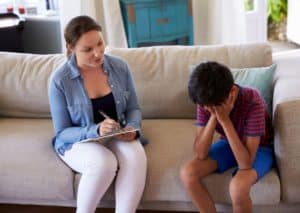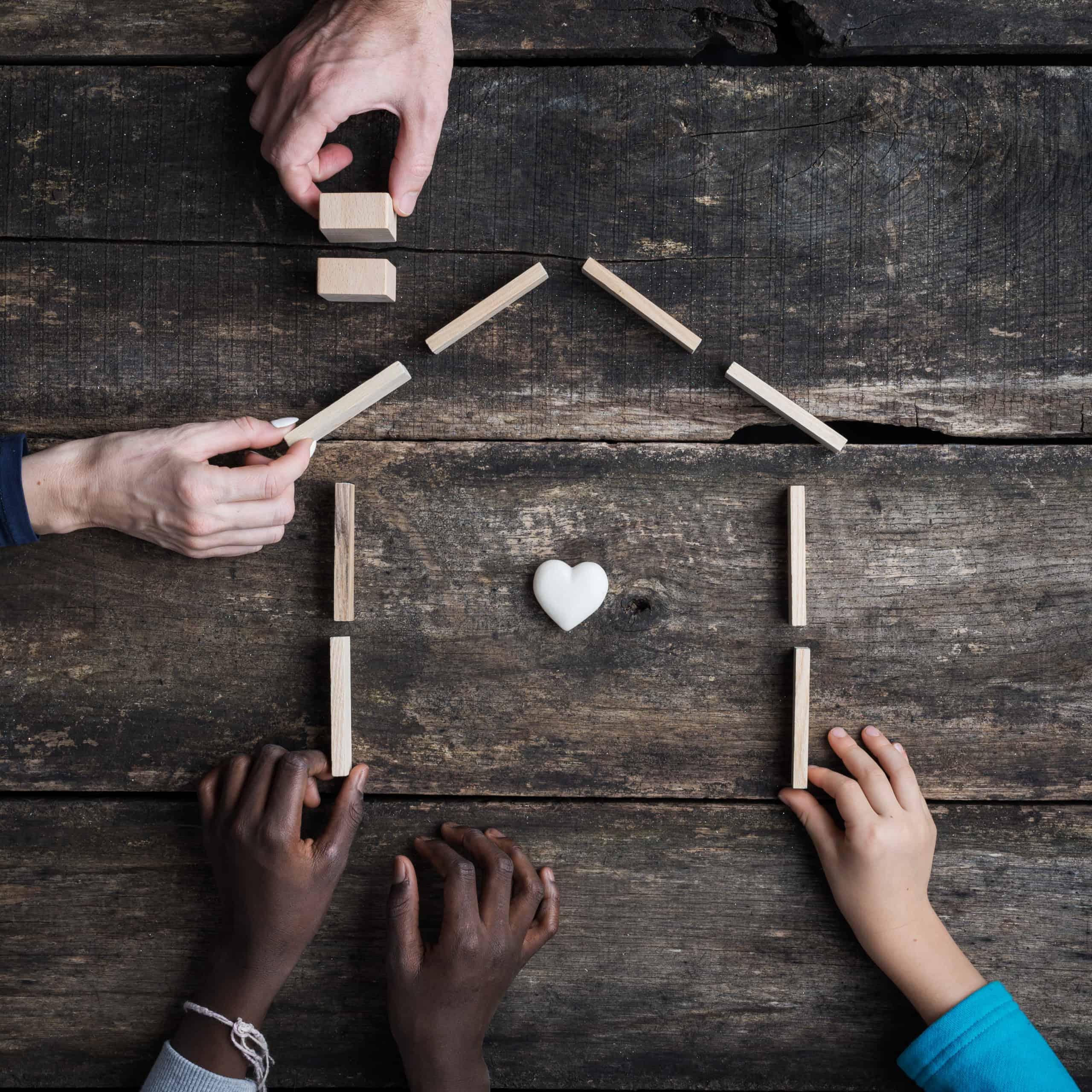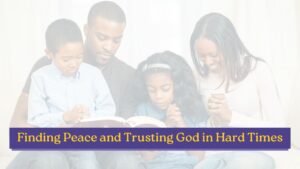I can imagine how his day started. At eight years old, I suspect Noah woke up, fed his dog, and left for school. He walked solemnly to the bus stop, feeling a small ache with every step. He thought about the night before, his mom’s cries colliding with screams from his three-year-old sister. And Gary, the “new” boyfriend, getting hotter and hotter.
Another cigarette wasn’t going to help.
Another beer wasn’t going to help.
The only thing that would relieve Gary’s anger was the belt.
When Children Need Help
It’s hard to believe I’ve been a social worker for thirty years. I don’t think I pictured myself interviewing a child on, quite possibly, the hardest day of his life. But when I received an “Immediate Response Required” from the Child Abuse Hotline, I was ready. Adrenalin surged through my body as I went through the necessary steps to prepare for an interview. The sense of urgency grew. I grabbed the paperwork and my badge and headed out the door.
As I drove to the school, I was grateful Noah was in a safe place. It’s hard to think about a child not being safe at home, when children need help. Home should be the place where children run when they are frightened. It should be a sanctuary.
For the children I meet, home is not safe, and sometimes the enemy is the one they love.
Life at Home
I walked into the school office and introduced myself to the school receptionist. She registered my badge and introduced me to the school principal. In the moments we had, I learned a little more about Noah’s life at home. Mom.
Boyfriend. Baby sister. Lots of fighting.
Within a few minutes, Noah came into the small, private room where I was sitting. He paused and looked down at the ground.
Up to that point, “Noah” was just a name on a report. Now, standing before me in shorts and a t-shirt, I could see the absence of joy. He straightened his shirt. His eyes moved quickly from me to the door. It isn’t uncommon for an abused child to keep the nearest exit in sight. He measured the distance, strategizing an escape, just in case.
I greeted him warmly and reassured him that he was not in trouble.
The thing about these interviews is the difference between interviewing younger children and teens. Small talk about the family dog, for instance, can ease an anxious child. Small talk for a teenager creates anxiety as they anticipate the inevitable bad news.
I introduced myself, explained that I am a Social Worker, and that it’s my job to help families. To help children. That I also visit kids when there is something worrying them. Noah shook his head and sat down carefully with, what I noticed was, a wince. He placed his hands under his legs and rolled his shoulders forward.

Opening Up
I asked Noah if he had a best friend. He nodded.
“What’s his name?”
“Ryan.”
“What do you like about him?”
“He’s fun.”
I smiled.
“Do you have a favorite teacher?”
I continued with simple questions until I understood Noah’s comfort level when talking and watched his body language. Learned his conversational style and looked for an invitation to a safe and secret place.
Noah started to relax into his chair. He moved his hands to the table. That small gesture of moving his hands closer to me told me he was opening up.
We talked about the difference between the truth and a lie.
He softly answered “Yes” and “No,” as I asked him questions. Most importantly, I reminded him that he hadn’t done anything wrong.
In the distance, the recess bell rang. A faint reminder that we were in school. And although school measures what you do and don’t know, in that room, on that day, Noah was greatly relieved to hear that he didn’t have to have all the answers. He was free to say, “I don’t know,” if he didn’t know the truth or the truth was too painful.
The Pictures Were Clear
After about 20 minutes, my questions progressed to the night before. The events Noah replayed over and over in his head but struggled to describe. The pictures were clear. His eyes darted back and forth as he watched the scene play out. The crying and screaming and terror were there. His voice strained as he shifted in his chair. He turned his eyes down to the table, his lips moving in silence.
I could tell he wanted to tell me.
To cry.
To run.
I waited.
Then, with one big breath, he told me about his mom’s new boyfriend. “Gary gets mad all the time…He hits the wall…puts holes in the wall…”
I listened to him. When he stopped, I coaxed him gently, “What else…?
He described Gary’s climbing anger. More beer. More rage.
There were mean and angry words Noah hesitated to say out loud.
I nodded sympathetically.
“What else?”
His voice softened to just a whisper when he said, “He has a belt…”
One at a Time
Years later, I now believe people who struggle are doing the best they can. People want to be happy and make a better life for themselves and their children. But how does someone do that when they live in isolation? When shame draws the curtains and bolts the lock on the door?
Four children in the United States die each day from abuse and neglect. Someone fills out a Child Abuse Report every ten seconds. Our children need help to be safe.
I find peace knowing I am doing what I am called to do in my corner of the world. I am blessed every day to be part of a ministry that works to help people make their lives better–one family at a time.
One Noah At A Time
I’m grateful for the decades I’ve spent walking children through their hardest days. And that’s been multiplied by what I’ve gained through teaching staff to do the same.
Today, I work alongside people who open their homes to the “least of these.” Children who have lived through situations many adults would not survive.
I am in awe over the courage a child can exhibit in the presence of defeat. I imagine each child, whether standing or trembling, with a legion of angels behind him.
Never alone.
Hope Found
When I consider the birth parents, lost and desperate to find a way, like Noah, they too want to tell their story. Their pain is overwhelming. That, statistically, when they were young and ran to find a safe place, none was to be found.
With all I’ve seen, I can confidently say, no one is beyond redemption. Help is out there, and hope can be found.
Would you take a moment and pray for the Noah’s in your community? Pray that someone will notice a child that’s being hurt or that’s in distress, a child that needs help. That they will get to a safe place. Pray for their birth parents that they will cry out for help and make changes in their lives. For birth fathers to come forward to support and parent their children. And pray for God’s equipping.
Pray that the Noah’s hear, “For you are mine… I will never leave you nor forsake you.” (Deuteronomy 31.6)















